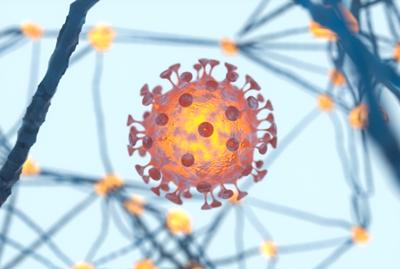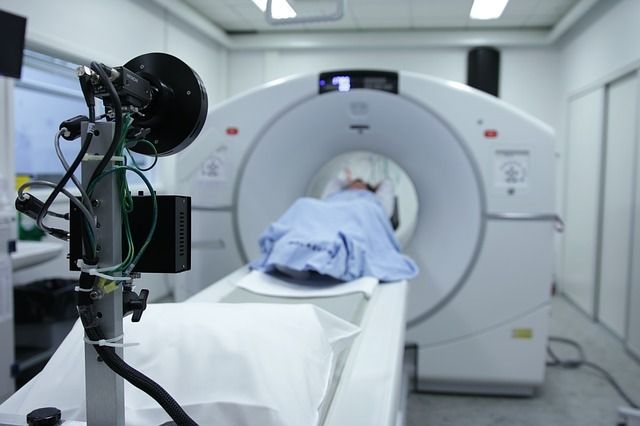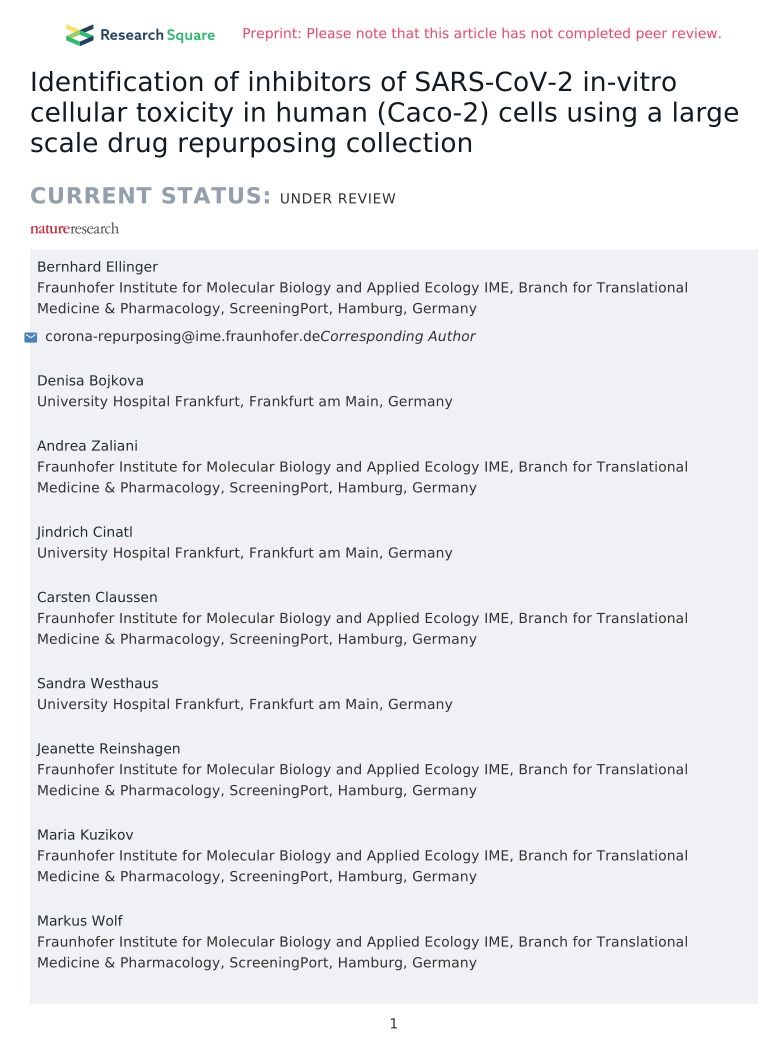Southampton researchers have identified a blood profile that could help identify COVID-19 patients at greatest risk of deterioration and direct them towards trials of specific treatments that could modify their immune systems’ responses. A new study jointly led by Professor Tom Wilkinson and Dr Tristan Clark of the University of Southampton, has shown a blood test for five cytokines could help predict those at risk of life-threating overstimulation of immune defences by COVID-19, and potentially tailor their treatment to tackle this.
Southampton researchers have developed a blood test that could help identify COVID-19 patients at risk of a life-threatening overreaction of the body’s immune system.








